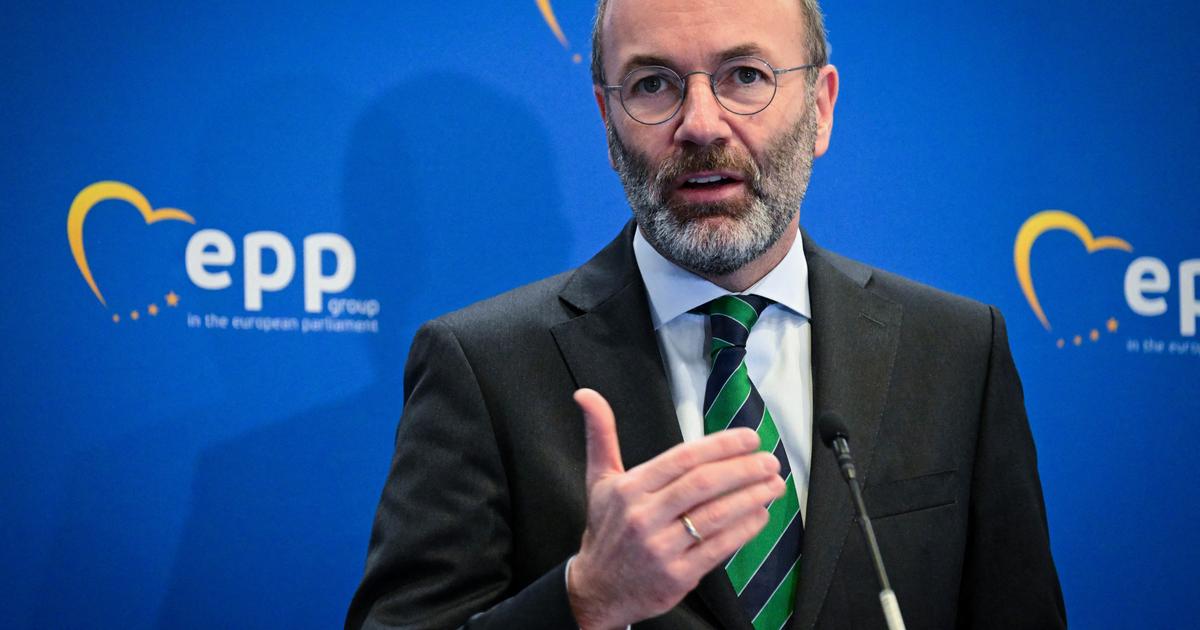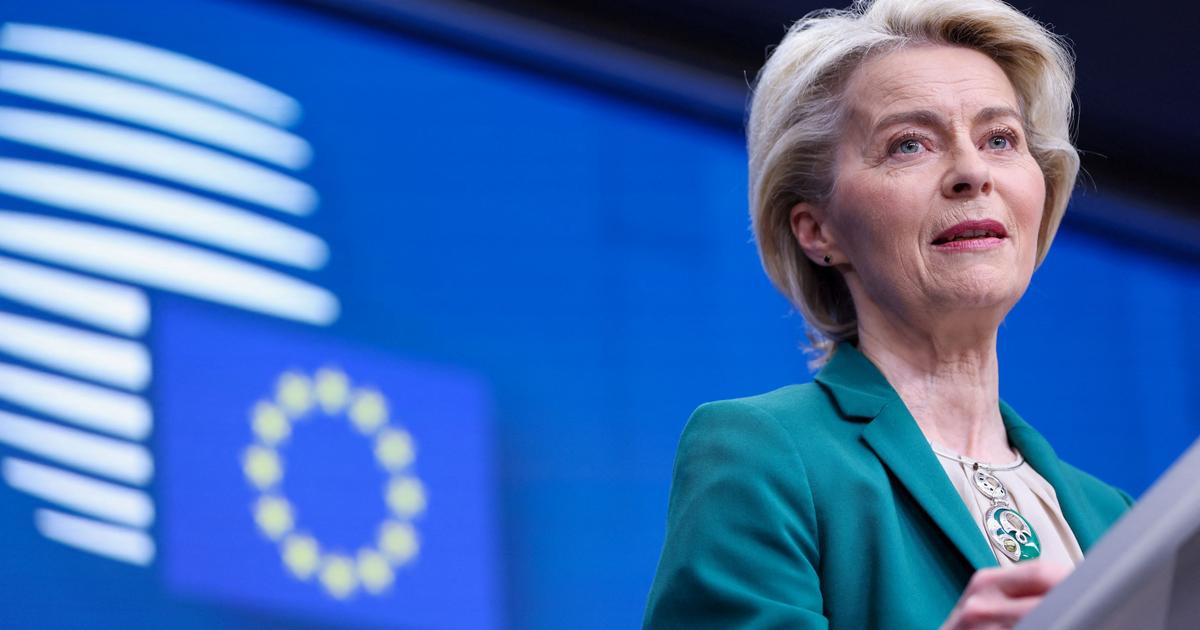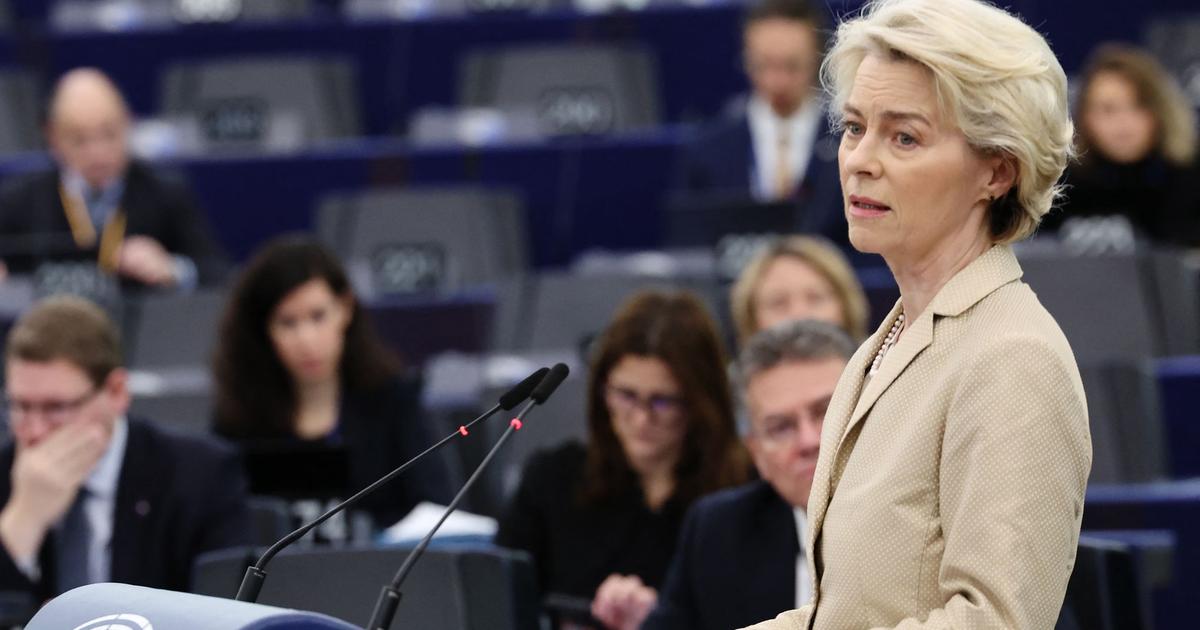Icon: enlarge
The relationship is not easy: Switzerland and the European Union
Photo: ARND WIEGMANN / REUTERS
Last Sunday was a super Sunday for political Switzerland.
The citizens decided not only about the relationship with the EU, but also about the introduction of a short paternity leave and the purchase of a billion-dollar fighter jet fleet.
At first glance everything looked perfectly normal: the so-called Schwexit had no chance, paternity leave will be introduced in January 2021 - and the Federal Council was given the mandate to buy new aircraft.
But already on Sunday evening it became clear: With this vote, the problems in Bern really begin.
On the one hand, this is due to the fighter jets, for which only 50.1 percent of the Swiss voted - and whose acquisition will cost about as much as a mandatory three-year vacation for young fathers.
Almost 9,000 votes were decisive, the discussion about the aircraft should continue.
In addition, after this vote, the Federal Council will have to devote itself again to its most difficult task: negotiations with the European Union on future relations - although they are almost as close as among EU member states, Switzerland has a special status within Europe that has worked well for a long time , but is now partially in question.
For years, e-mails with the subject "Institutional Framework Agreement" have been sent between Bern and Brussels.
So far there has not been a signature.
Until last Sunday, the negotiators in Bern had agreed on a kind of retirement.
In order not to provide the right-wing conservative SVP with arguments for its campaign to terminate the free movement of persons, the EU had not raised the issue in recent weeks.
But already in her friendly greeting for the vote, EU Commission President Ursula von der Leyen put the topic back on the agenda on Sunday: She wanted to continue the discussions on the "negotiated agreement" with Swiss President Simonetta Sommaruga this week.
Von der Leyen expects things to go "quickly".
From a Swiss point of view, that sounded like a threat - because until now she has played on the question of the future relationship with the EU.
In fact, it is the EU that is no longer satisfied with the previous treaties and is demanding changes.
And the Swiss know: As long as Brexit is running, Brussels will not be particularly accommodating.
EU internal market law is constantly evolving, but Switzerland often reacts slowly
Switzerland, which decided against EU membership in the early 1990s, needs market access to neighboring European countries.
The bilateral agreements currently in force, however, keep causing trouble in Brussels.
While European internal market law is constantly evolving, Switzerland often reacts slowly.
Many European companies see this as a distortion of competition:
Swiss companies get access to the domestic market, but do not have to abide by its rules.
In addition, the EU would like an arbitration procedure if there are disagreements.
In principle, Switzerland has accepted this wish.
New agreements are to be concluded in five areas: free movement of people, technical barriers to trade, agricultural products, air transport, and land transport.
But little has changed since the negotiations began in spring 2014.
Or: the agreement that the Swiss government negotiated with Brussels is not particularly well received on the right or left:
The right-wing SVP fights the agreement as a "creeping EU accession" of the country and worries about the legal sovereignty of Switzerland.
This particularly concerns the EU Court of Justice, which could act as an arbitrator in disputes, and the automatic legal adoption of new developments.
But the framework agreement is also not very popular with the traditionally left-wing unions.
They fear wage dumping - for example from German craftsmen who could offer their services at significantly lower prices near the border.
The principle of "equal pay for equal work in the same place" is also laid down in the framework agreement.
But so far the Swiss labor market with its high wages has been protected by a few other measures.
Both left and right are against the framework agreement with the EU
Foreign workers who come to Switzerland for temporary assignments - one could again think of a southern German craft business - have to register their workers eight days before the assignment.
According to the will of the EU, this pre-registration deadline should be overturned as quickly as possible, which has brought them bitter resistance from the Swiss trade unions.
Both left and right have announced that they will fight against the framework agreement in its current form.
At the same time, Brussels is also increasing the pressure on Switzerland.
For example, last year the EU let the so-called stock exchange equivalence expire - banks and asset managers from the EU are no longer allowed to trade on the Swiss stock exchange.
So far, this has done little to damage Switzerland.
But if it turns out that Ursula von der Leyen's "finished negotiated agreement" is in fact "clinically dead", as reported by the Swiss daily news a few days ago, the EU could soon take other measures.
Icon: The mirror












/cloudfront-eu-central-1.images.arcpublishing.com/prisa/KMEYMJKESBAZBE4MRBAM4TGHIQ.jpg)


